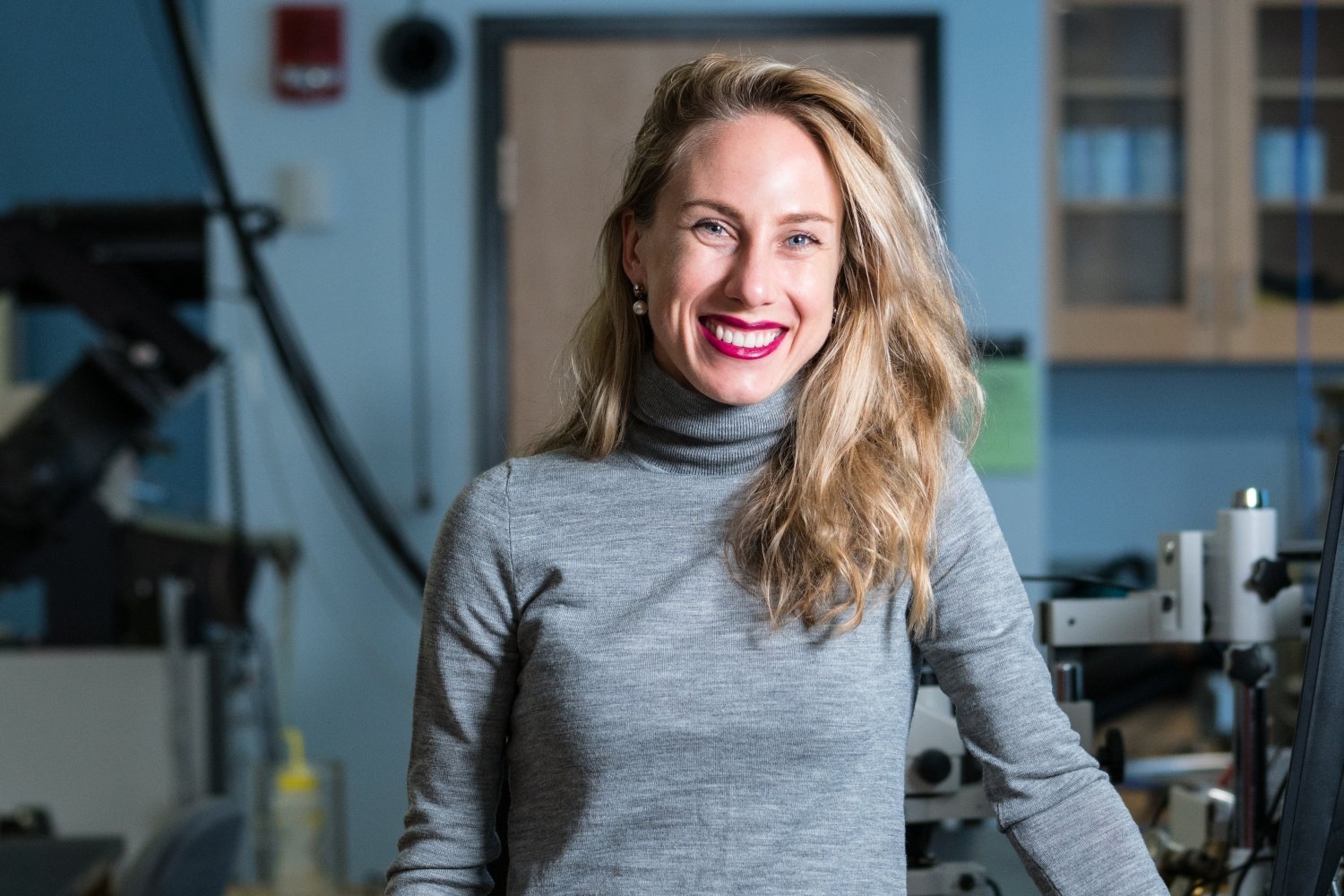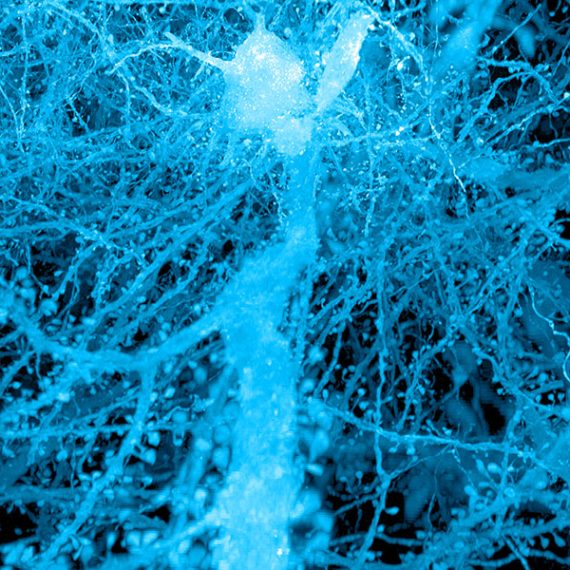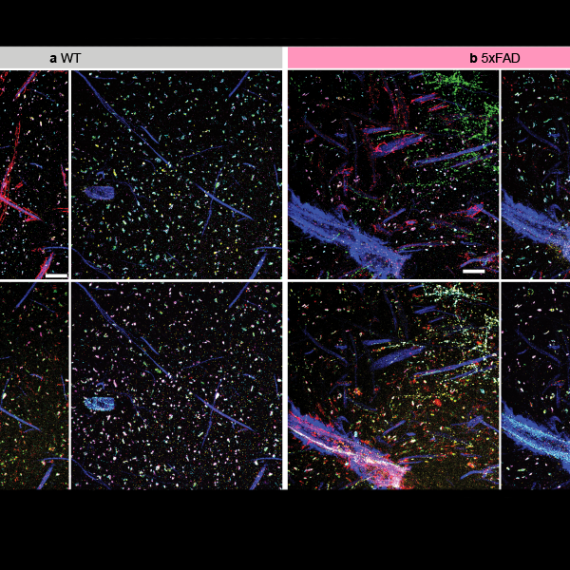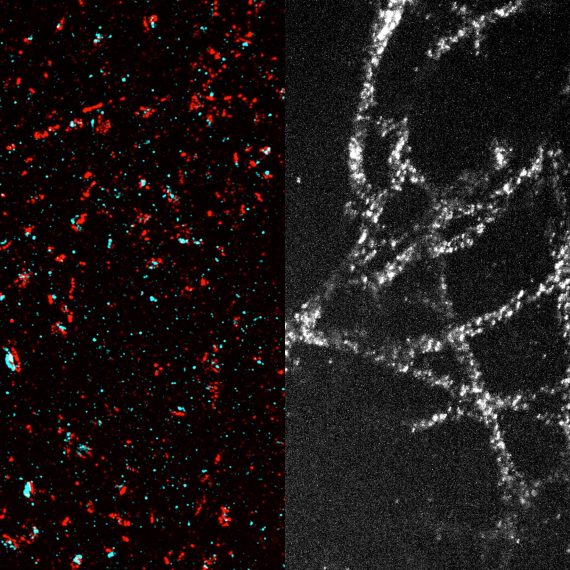Polina Anikeeva named head of the Department of Materials Science and Engineering
Anikeeva, who conducts research at the intersection of materials science, electronics, and neurobiology, succeeds Caroline Ross.

Polina Anikeeva PhD ’09, the Matoula S. Salapatas Professor at MIT, has been named the new head of MIT’s Department of Materials Science and Engineering (DMSE), effective July 1.
“Professor Anikeeva’s passion and dedication as both a researcher and educator, as well as her impressive network of connections across the wider Institute, make her incredibly well suited to lead DMSE,” says Anantha Chandrakasan, chief innovation and strategy officer, dean of engineering, and Vannevar Bush Professor of Electrical Engineering and Computer Science.
In addition to serving as a professor in DMSE, Anikeeva is a professor of brain and cognitive sciences, director of the K. Lisa Yang Brain-Body Center, a member of the McGovern Institute for Brain Research, and associate director of MIT’s Research Laboratory of Electronics.
Anikeeva leads the MIT Bioelectronics Group, which focuses on developing magnetic and optoelectronic tools to study neural communication in health and disease. Her team applies magnetic nanomaterials and fiber-based devices to reveal physiological processes underlying brain-organ communication, with particular focus on gut-brain circuits. Their goal is to develop minimally invasive treatments for a range of neurological, psychiatric, and metabolic conditions.
Anikeeva’s research sits at the intersection of materials chemistry, electronics, and neurobiology. By bridging these disciplines, Anikeeva and her team are deepening our understanding and treatment of complex neurological disorders. Her approach has led to the creation of optoelectronic and magnetic devices that can record neural activity and stimulate neurons during behavioral studies.
Throughout her career, Anikeeva has been recognized with numerous awards for her groundbreaking research. Her honors include receiving an NSF CAREER Award, DARPA Young Faculty Award, and the Pioneer Award from the NIH’s High-Risk, High-Reward Research Program. MIT Technology Review named her one of the 35 Innovators Under 35 and the Vilcek Foundation awarded her the Prize for Creative Promise in Biomedical Science.
Her impact extends beyond the laboratory and into the classroom, where her dedication to education has earned her the Junior Bose Teaching Award, the MacVicar Faculty Fellowship, and an MITx Prize for Teaching and Learning in MOOCs. Her entrepreneurial spirit was acknowledged with a $100,000 prize in the inaugural MIT Faculty Founders Initiative Prize Competition, recognizing her pioneering work in neuroprosthetics.
In 2023, Anikeeva co-founded Neurobionics Inc., which develops flexible fibers that can interface with the brain — opening new opportunities for sensing and therapeutics. The team has presented their technologies at MIT delta v Demo Day and won $50,000 worth of lab space at the LabCentral Ignite Golden Ticket pitch competition. Anikeeva serves as the company’s scientific advisor.
Anikeeva earned her bachelor’s degree in physics at St. Petersburg State Polytechnic University in Russia. She continued her education at MIT, where she received her PhD in materials science and engineering. Vladimir Bulović, director of MIT.nano and the Fariborz Maseeh Chair in Emerging Technology, served as Anikeeva’s doctoral advisor. After completing a postdoctoral fellowship at Stanford University, working on devices for optical stimulation and recording of neural activity, Anikeeva returned to MIT as a faculty member in 2011.
Anikeeva succeeds Caroline Ross, the Ford Professor of Engineering, who has served as interim department head since August 2023.
“Thanks to Professor Ross’s steadfast leadership, DMSE has continued to thrive during this period of transition. I’m incredibly grateful for her many contributions and long-standing commitment to strengthening the DMSE community,” adds Chandrakasan.




